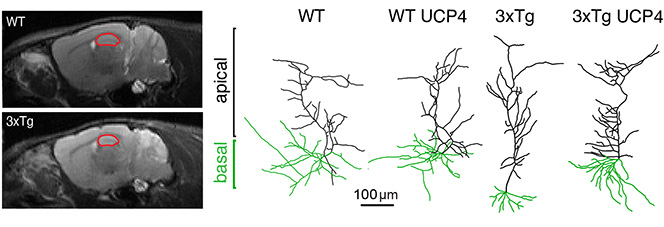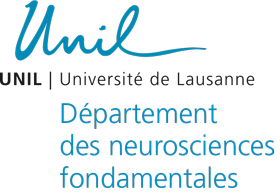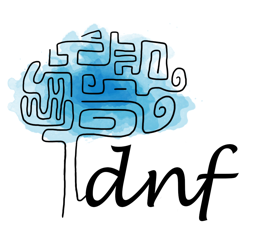Growing evidence points to an essential role of astrocytes in neurodegenerative diseases like Alzheimer’s disease. Contrary to neurons that are vulnerable to oxidative stress, astrocytes are particularly resistant to mitochondrial impairment and are therefore more resilient cells. By leveraging astrocytic mitochondrial uncoupling proteins, the Jean-Yves Chatton and his team have been able to prevent multi-level dysfunctions in a mouse model of Alzheimer’s disease, including memory deficits. They are now actively engaged in deciphering key mechanisms underlying the broad beneficial effects of this approach on neuronal function. These findings may find applications in several other brain pathologies.



